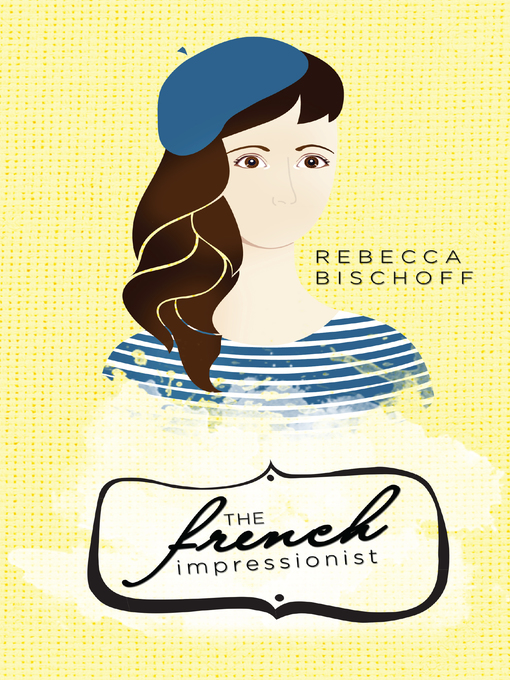Rosemary is fifteen and gloriously free, on her own for the very first time. Part of an exchange program for aspiring artists, she arrives in southern France with one goal: she doesn't plan to leave, ever. She wants a new life and a new identity. But her situation, crafted from lies big and small, is precarious. As Rosemary struggles to hide her lack of artistic talent and obvious communication disorder from her new family, she must ultimately choose whether or not she'll tell the biggest lie of all, even if it means destroying the life of someone she cares about.
- New eBook additions
- New kids additions
- New teen additions
- Most popular
- Try something different
- See all ebooks collections
- Available now
- New Audiobook additions
- New kids additions
- New teen additions
- Most popular
- Try something different
- Audiobooks for the Whole Family
- See all audiobooks collections


